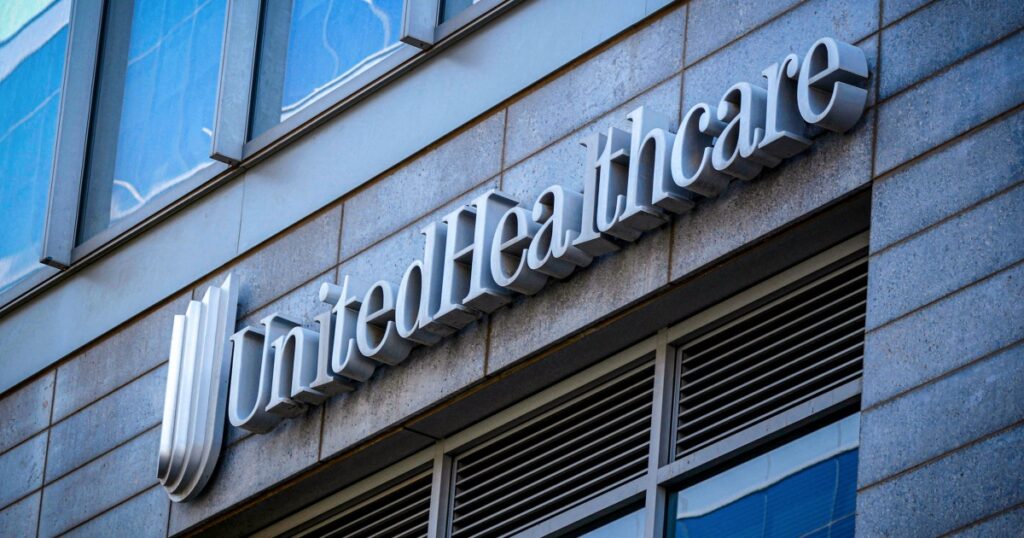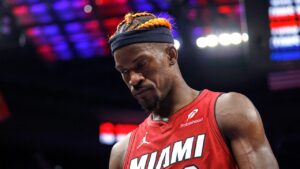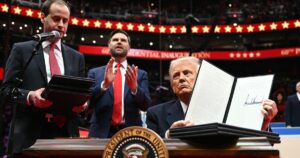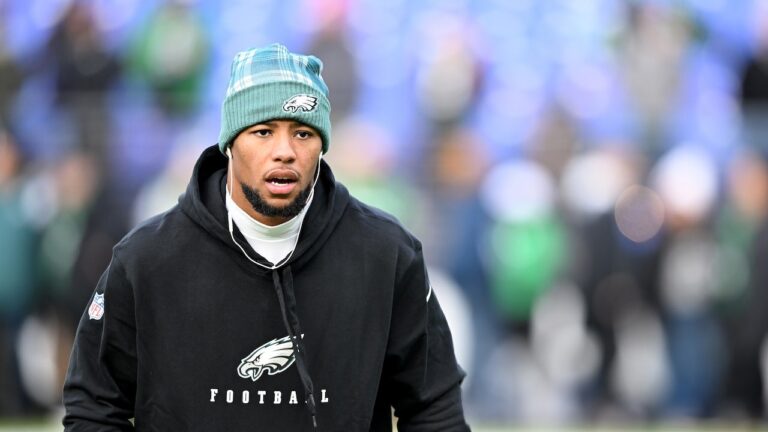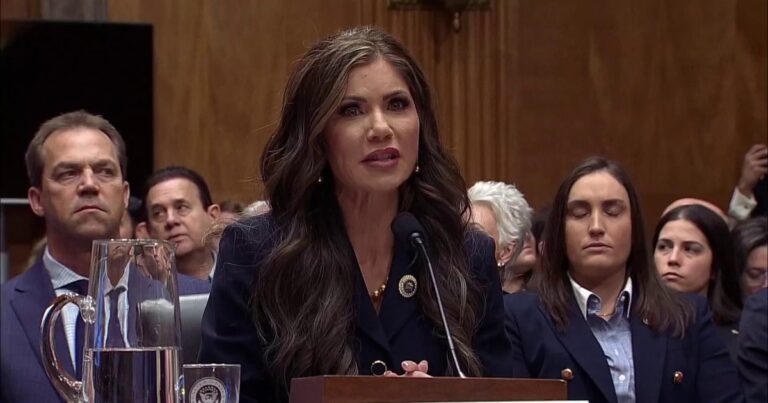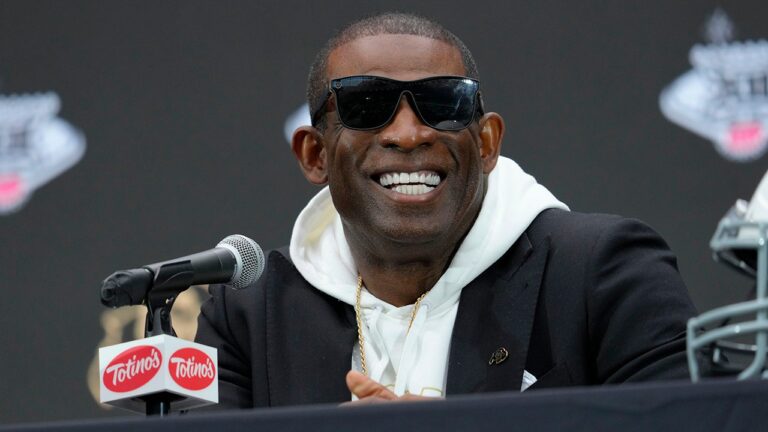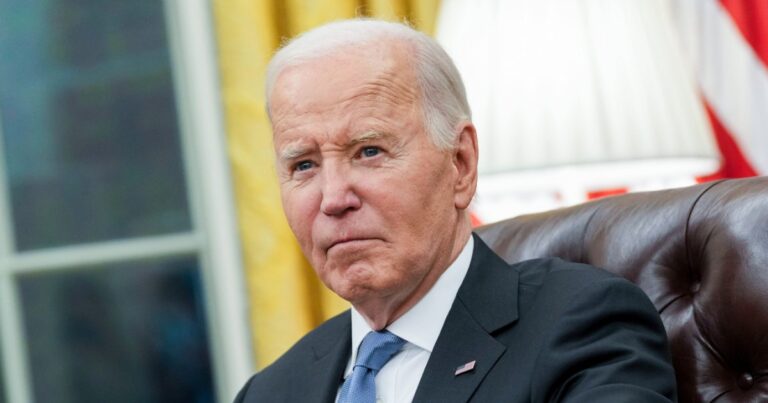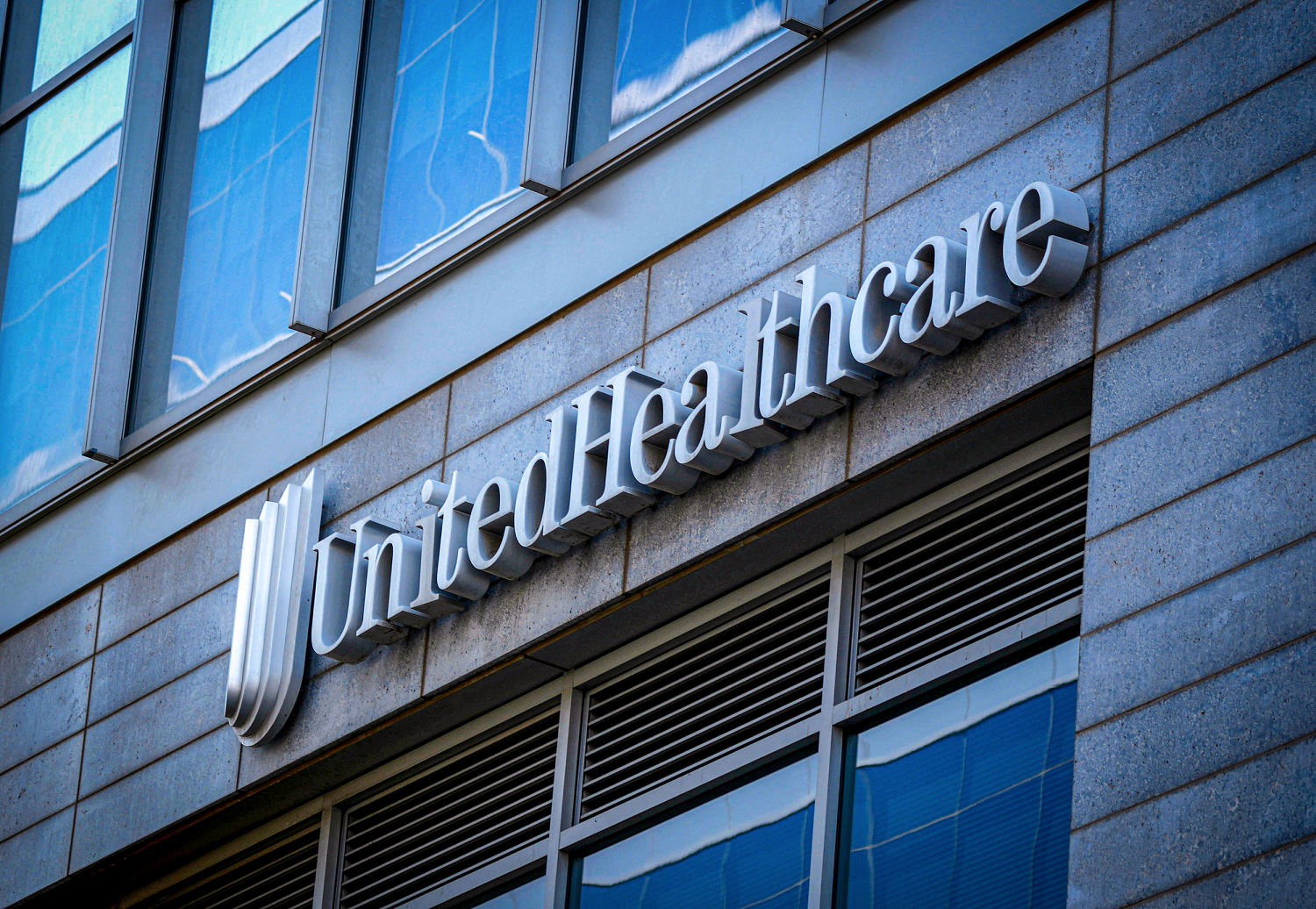
The Dow Jones Industrial Average is hitting the skids, weighed down in large part by UnitedHealth Group since one of its top executives was killed.
The Dow fell 267 points Tuesday, closing 0.6% lower after nine straight days of declines — its longest losing streak since 1978. The downturn has coincided with a steep drop in the shares of UnitedHealthcare’s parent company since CEO Brian Thompson was shot and killed in New York City on Dec. 4. UnitedHealth Group’s stock has tumbled nearly 20% since then, while the index itself has slipped 3.4% over the period.
The stock prices of America’s largest health insurance providers — including Aetna owner CVS Health, Cigna and Humana — have also tumbled recently. As of Tuesday’s closing bell, the Dow had fallen 1,564 points since Dec. 4, with UnitedHealth Group accounting for 804 of those points.
UnitedHealth Group is also the worst performer in the 30-stock index this month, with losses more than double those of the second-worst performer, Goldman Sachs. Other major firms whose shares trade on the Dow, such as Nvidia, Sherwin-Williams and Travelers, have also contributed to the index’s slide.
By comparison, the S&P 500 is hovering around break-even for the month, and the Nasdaq Composite has soared by more than 4.5% in December. Both are near all-time highs.
Because the Dow is a price-per-share-weighted average, whereas the S&P and Nasdaq are weighted by market value, UnitedHealth Group’s fall has had a greater impact on it — where it’s the only health insurer. The stock, at $485 per share, is the second-priciest on the index, but in terms of market value it’s only the 17th-largest stock in the S&P 500.
UnitedHealth Group has lost more than $110 billion in market value since the attack on Thompson. Its peers have also experienced steep losses. CVS has plummeted more than 25%, wiping out more than $19 billion in value; Cigna has dropped 20%, erasing nearly $20 billion; and Humana has fallen 19%, shedding almost $7 billion.
The biggest exchange-traded fund that tracks the overall health care sector, including stocks of non-insurers, has fallen more than 5% since Dec. 4. Once again, CVS, UnitedHealth Group, Cigna and Humana all rank as the worst performers, with double-digit losses of 18% to 25%. Other health stocks in the Dow are comparatively holding up, with shares of drugmakers Johnson & Johnson and Amgen each falling more than 5% and Merck falling 1.5% this month.
The downturns largely reflect investors’ reactions to public outrage at the health care system in the wake of the killing, which some industry executives have sought to address.
In a New York Times opinion article last week, UnitedHealth Group CEO Andrew Witty denounced “the vitriol that has been directed at our colleagues who have been barraged by threats” but acknowledged that “the health system does not work as well as it should, and we understand people’s frustrations with it.”
He added that “no one would design a system like the one we have,” calling it “a patchwork built over decades” and saying the insurance giant is mission-driven to “help make it work better.”
Since the early 1980s, medical care costs have risen faster than overall inflation, while health insurers have grown ever larger. UnitedHealth Group reported revenue exceeding $371 billion last year alone, far ahead of its rivals. Fellow insurers Cigna reported $195 billion, and Humana had revenue of $106 billion last year.
Meanwhile, President-elect Donald Trump is vowing to “knock out” pharmacy benefit managers, the third parties that run drug programs on behalf of major insurers. Those businesses have drawn widespread criticism in part because many of the biggest insurance providers, including UnitedHealth Group, Cigna and CVS, also own some of the largest such companies.
Trump told reporters Monday that he wants to get costs “down at levels that nobody has ever seen before,” without providing details. “I don’t know who these middlemen are, but they are rich,” he said.

